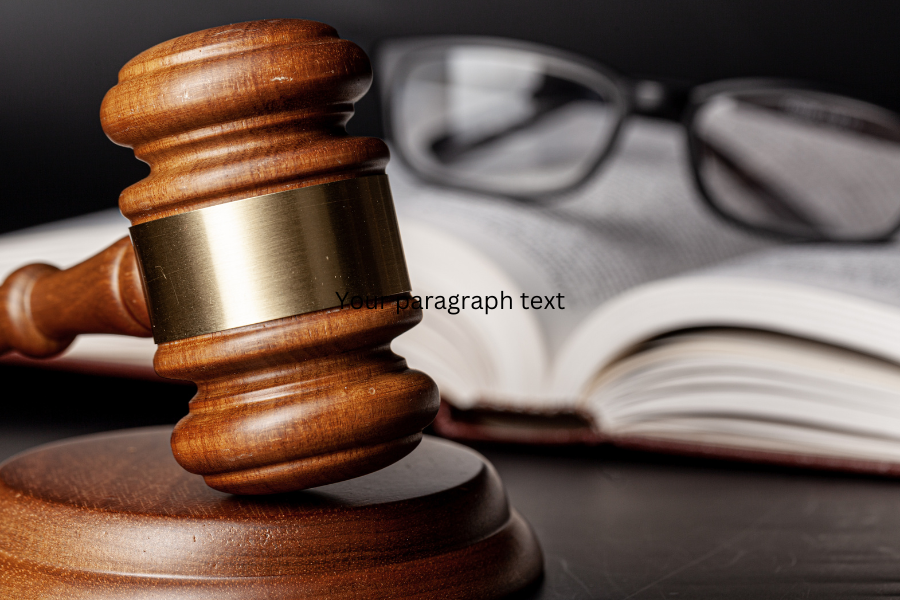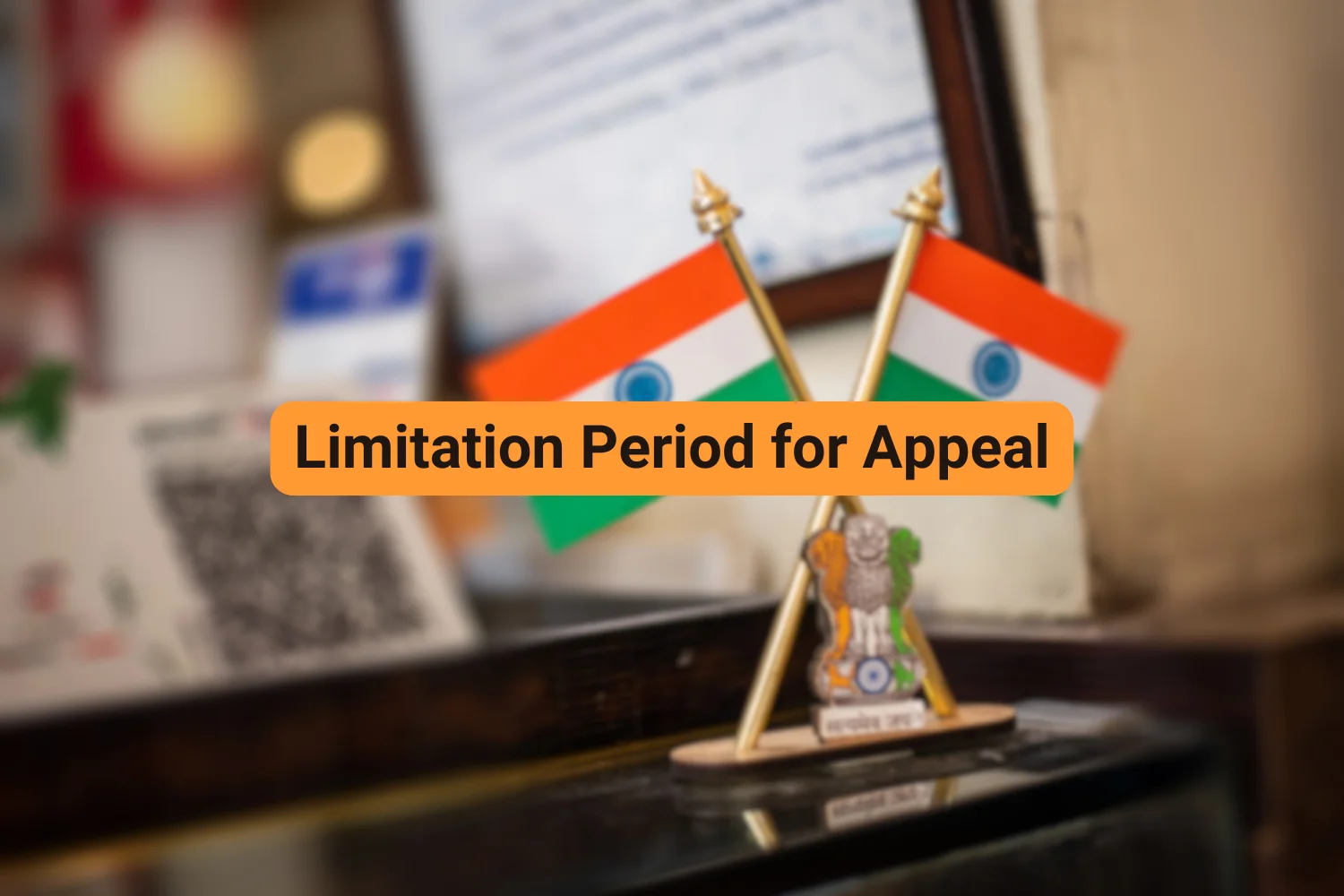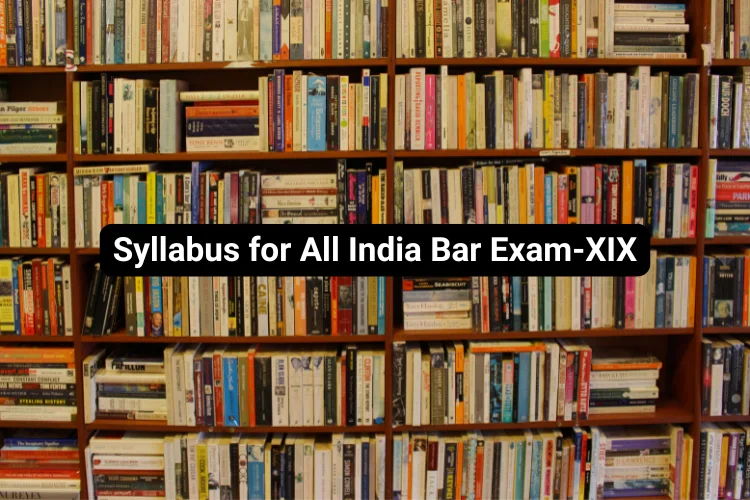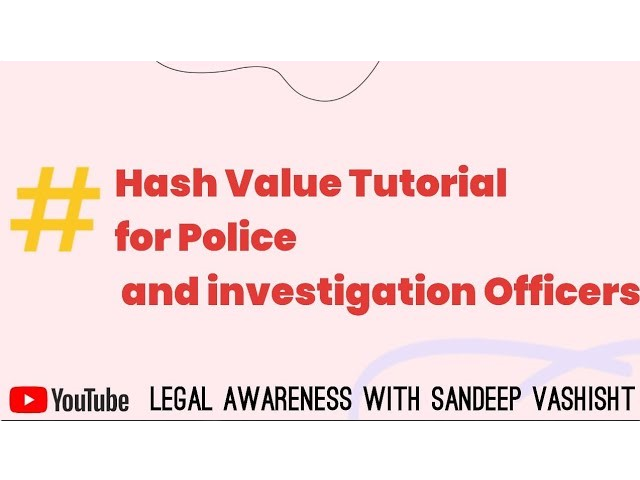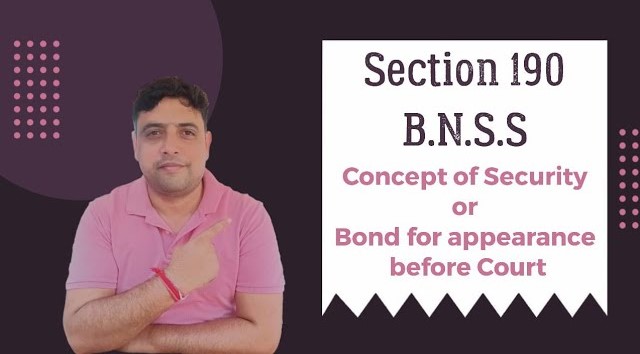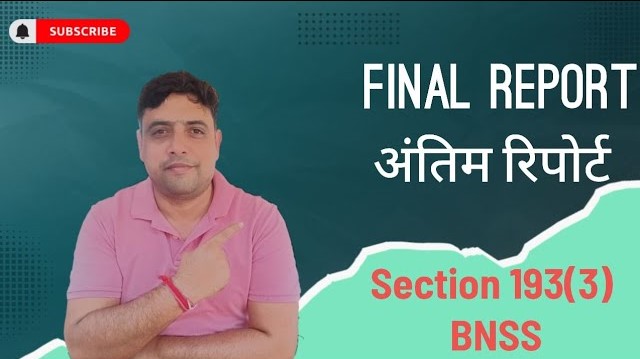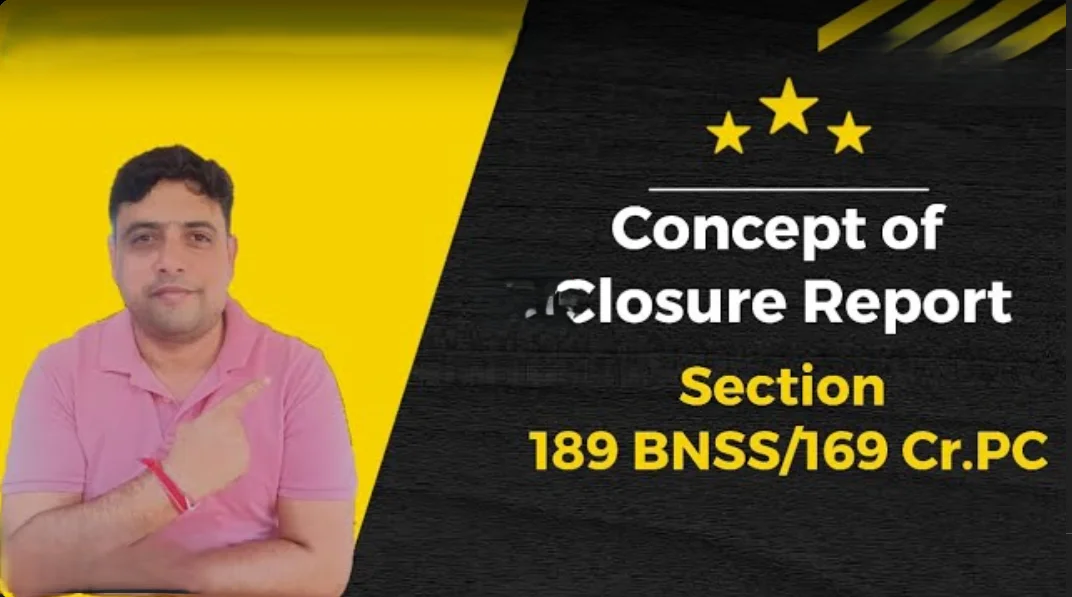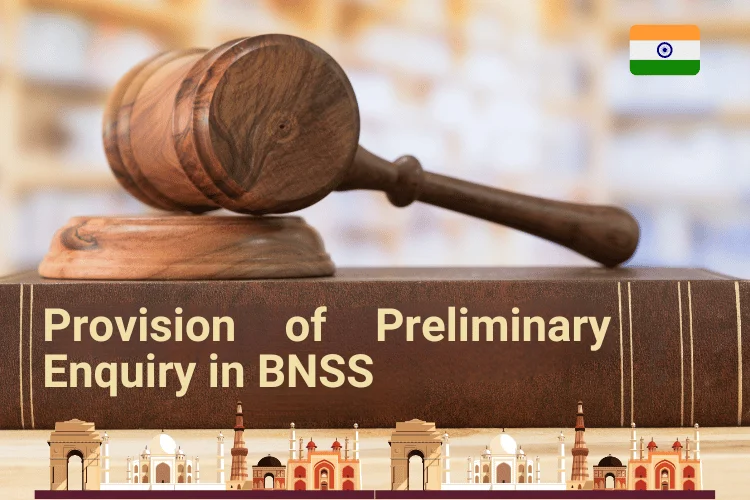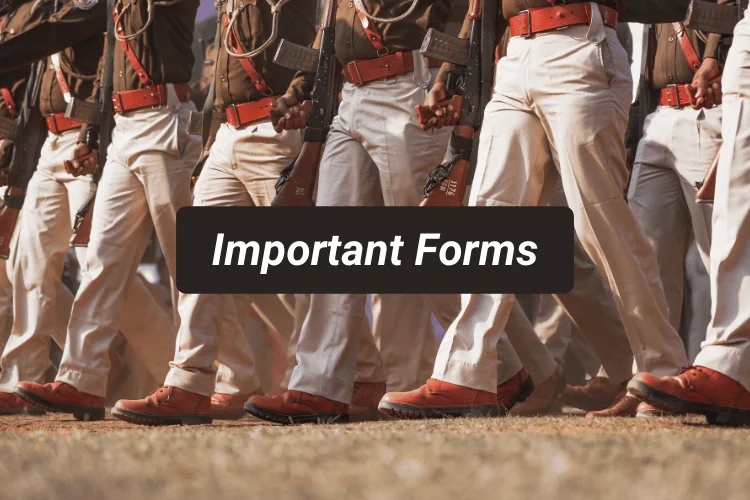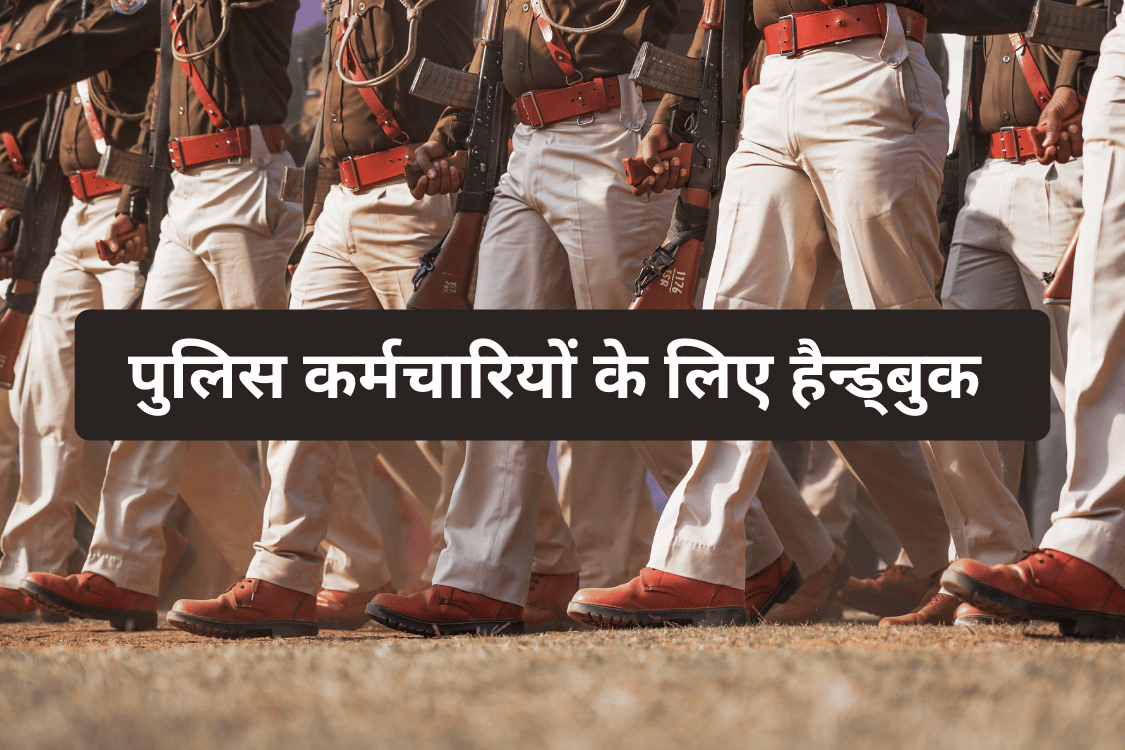Powers of Parliament and State Legislatures to punish for Contempt of House
INTRODUCTION
Parliamentary privileges in India have their roots in English law, but the concept of parliamentary privileges is not entirely new to India. In ancient India, there were assemblies like Sabha and Samiti that played a crucial role in keeping checks on the powers of the King. These assemblies were mentioned in all the Vedas and had significant influence. During the Buddhist period, India had a developed parliamentary system, where members were expected to follow the directions of the assemblies, and those who disobeyed were held accountable and faced appropriate actions.
The concept of parliamentary privileges has evolved over time, and in modern India, it is an essential part of the parliamentary system. The Constitution of India and the Rules of Procedure and Conduct of Business in Lok Sabha and Rajya Sabha provide for certain privileges and immunities to members of Parliament.
Contempt of the House can be broadly defined as any act or omission that:
- Obstructs or hinders the House in performing its functions.
- Undermines the authority or dignity of the House.
- Disrupts the orderly conduct of proceedings.
Types of Contempt:
- Wilful disobedience to the orders of the House.
- Intimidation or interference with a member in the discharge of their duties.
- Publication of false or defamatory statements about the House or its proceedings.
- Offering bribes to or influencing members improperly.
- Disorderly conduct within the House.
PROVISIONS
Parliamentary Privileges in the Indian Constitution (Articles 105 & 194):Articles 105 and 194 of the Indian Constitution, which establish parliamentary privileges for both the Houses of Parliament (Lok Sabha and Rajya Sabha) and state legislatures.
Similarities between Articles 105 and 194:Both articles grant similar privileges to members of the Union Parliament and state legislatures. As per this Articles below are the Components of Parliamentary Privileges:
- Freedom of Speech: Members can express themselves freely within the House without fear of legal repercussions (subject to limitations).
- Immunity from Proceedings: Members cannot be sued for anything said or voted upon in Parliament or its committees.
- Other Privileges (to be defined by Law): Parliament can define additional privileges through legislation. Until then, pre-existing privileges continue.
- Extension to Invited Persons: Similar privileges apply to those invited to speak or participate in parliamentary proceedings.
- Limitations on Freedom of Speech:Freedom of Speech given under above two sections shall be subjected to Articles 121 and 211 restrict discussions about the conduct of Supreme Court and High Court judges (except during removal proceedings).
- Rules and Standing Orders: Parliamentary procedures and rules can regulate speech.
Case Laws
The Supreme Court in P.V. Narasimha Rao v. State (CBI/SPE) 1998 has held that:
- The freedom of speech in Parliament under Article 105(1) is independent of the freedom of speech conferred by Article 19 and is unrestricted by the exceptions contained therein.
- Members of Parliament need to be free of all constraints in what they say in Parliament to effectively represent their constituencies.
- Article 105(2) provides immunity to members for what they say in Parliament, and this immunity extends to votes cast by members.
- The publication of substantially true reports of Parliamentary proceedings is protected under Article 361-A, unless made with malice.
- The protection under Article 361-A extends to publication in newspapers and broadcast by means of wireless telegraphy.
- The other privileges of members of Parliament, apart from freedom of speech and immunity from court proceedings, shall be defined by Parliament by law, and until so defined, shall be those that existed immediately before the coming into force of the 44th Amendment Act, 1978.
In essence, the Supreme Court has emphasized the importance of freedom of speech and immunity from court proceedings for members of Parliament to effectively discharge their duties and represent their constituencies. The Court has also highlighted the significance of public access to Parliamentary proceedings and the protection of publication of substantially true reports of such proceedings.
PUNISHMENTS FOR BREACH OF PRIVILEGE OR CONTEMPT
- Imprisonment and Reprimand: In cases where the offence of breach of privilege or contempt of the House is of a serious or grave nature, the offenders may be punished by imprisonment. There have been occasions when the Rajya Sabha has sentenced the offenders to imprisonment for gross contempt of the House for shouting slogans/throwing leaflets or other objectionable articles on the floor of the House (infra). In less serious cases (on two occasions) the contemners were summoned to the Bar of the House and reprimanded.
- Imposition of fine:While recommending imprisonment/reprimand to co-authors of a book, the Committee of Privileges considered that the type of contempt committed by them who were also the publishers, had the characteristic of an economic offence as well in as much as these persons by their unauthorised publication had also made pecuniary gains out of the same and as such fine would have been the most appropriate penalty that could be imposed upon them. However, after examining the law and precedents on the subject whether the House had the power to impose the penalty of fine for the breach of privilege and after taking competent opinion in the matter, the Committee doubted whether the House possessed any power to impose the penalty of fine.
- Prosecution of offenders: In the above-mentioned case of joint authors, the Committee also recommended that the Government should examine the matter with a view to initiating legal proceedings against the authors (and other publishers) for offences under the Copyright Act and the Indian Penal Code.
- Punishing its own members:The penal power of the House is exercised not only against an outsider but also against a member of the House. No authority or agency other than the House itself, has the power to punish a member for his acts of omission and commission on the floor of the House. The jurisdiction of the House over its own members, its right to impose discipline within its walls, is absolute and exclusive.
IMPORTANT CONSIDERATIONS:
- Fair Trial: The person accused of contempt has the right to be heard by the Committee on Privileges, present their defence, and cross-examine witnesses.
- Reasonable Punishment: The punishment imposed by the House should be proportionate to the offense. It can range from a reprimand to imprisonment, depending on the severity.
- Judicial Review: Though limited, courts can intervene if they find the House has acted with malice or exceeded its jurisdiction while punishing for contempt.
CLASH BETWEEN PARLIAMENTARY PRIVILEGES AND FUNDAMENTAL RIGHTS: Let’s discusses the potential conflict between parliamentary privileges (specifically, punishing contempt) and fundamental rights guaranteed by the Indian Constitution.
The Case of Gunupati Keshavram Reddy v. Nafisul Hasan:This case highlights the potential clash:
Sri Mistry, a legislator, was arrested in Bombay. He was not brought before a magistrate within 24 hours (violating Article 22(2) of the Constitution) and was kept in the Speaker's custody (potentially a breach of privilege).
Court's Decision:Upheld Sri Mistry's fundamental right (Article 22(2)), Ordered his release, prioritizing fundamental rights over parliamentary privileges in this instance.
Significance:This case demonstrates that fundamental rights can take precedence over parliamentary privileges under certain circumstances.
Raj Narain Singh v. Atmaram Govind & Anr. (1953): Balancing Parliamentary Privileges and Judicial Review: This case deals with the tension between parliamentary privileges and judicial review in India.
Facts:Raj Narain Singh, a member of the Uttar Pradesh Legislative Assembly, wanted to raise an issue regarding teachers on a hunger strike. The Speaker denied him permission to move a motion on this topic. Singh continued to disrupt the proceedings and was forcibly removed from the House with "minimum force." He was subsequently suspended by the Committee of Privileges.
Challenge and Outcome: Mr. Singh challenged the suspension in the Allahabad High Court under Article 226 (seeking enforcement of fundamental rights).
A two-judge bench dismissed the petition.
Key Points from the Judgement:
- Limited Judicial Review: Both judges (Sapru and Mukherji) acknowledged the seriousness of suspending a member but ultimately deferred to Parliament's internal disciplinary process.
- House as Sole Judge of Privileges: Justice Mukherji specifically stated that "the House is the sole Judge of its own privileges." This suggests a limited role for courts in reviewing internal parliamentary disciplinary actions.
- Significance:
This case highlights the concept of parliamentary privilege, where the House has some autonomy in disciplining its members for disorderly conduct. It also demonstrates the potential limitations of judicial review in such matters.
CONCLUSION:
The power to punish for contempt is essential for maintaining order and dignity within the House. However, it must be balanced with due process, fundamental rights, and limited judicial review to prevent abuse.
"Empowering your legal journey, one resource at a time. Welcome to Vidhoon, your trusted hub for
comprehensive law notes, practical guidance, and expert support.
Explore, learn, and succeed with us!





